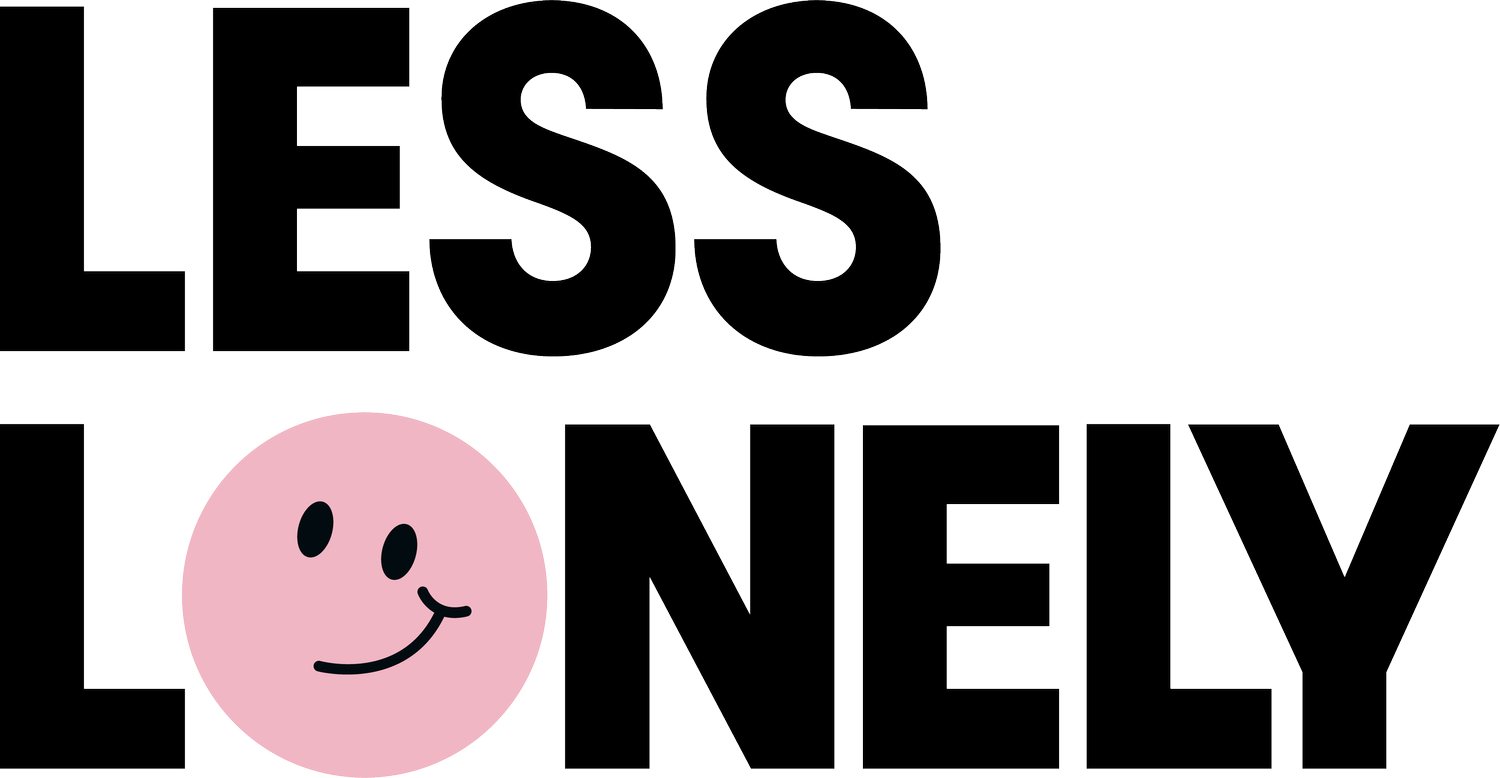Advice on Changing Careers No Matter What Your Situation
Does your job leave you feeling more dreary than watching paint dry while a man recites golf statistics between reruns of The Ghost Whisperer? Do you get pangs of envy every time you see your local paperboy? If so, it’s probably time for a career pivot. (Also, I get it). Every one needs advice on how to change careers at some point in their lives.
But actually taking the plunge — be it by giving your side hustle more attention, asking for a flexible schedule, or venturing into a completely new industry — can feel like going on a K2 expedition led by Charlie Sheen… far too big a risk. The very real—and very scary—question of “what if it doesn’t work out?” haunts each decision you make.
To help give you that much-needed push off the diving board (and to make sure there’s water below), author of the career change handbook Fearless and Free, Wendy Sachs; and co-founder of The Second Shift, Jenny Galluzo; weigh in with solid advice on how to decide what you want and then convert those dreams to reality (but not in a weird Inception-type way).
The best way to give your career a second wind in 5 different scenarios
IF YOU'RE ITCHING TO MAKE THE MOVE INTO A NEW INDUSTRY
During your career, and especially at the beginning of it, the appeal of a bill-paying job can be too good to pass up. “A lot of women when they’re starting out just get on the wrong track from the beginning,” says Sachs. “They might be nervous they won’t get hired so they take the first job that comes their way because they need to pay the rent—and that’s a very practical reason to take a job!” But it doesn’t always mean you’ve found a perfect match, even if you’ve kept your landlord from leaving you angry voicemails.
If you’re only feeling ho-hum in your current field and know where you want to transition to, it’s time for some serious sleuthing. “I really believe in looking at LinkedIn to see the people that have [the jobs you want], and how your skills match up,” says Sachs. It’s just like browsing Facebook, but finding the potential for genuine fulfilment instead of another cute cat video.
If you think you already have the necessary tools and knowledge, turn your profile into clickbait fodder for hiring managers, and use the same language and phrasing you see in industry profiles. If not, look at setting up informal coffees with employees in those roles to deduce how to acquire the needed skill-set for that second wind.
YOU'VE BEEN BITTEN BY THE ENTREPRENEURIAL BUG
“Having a side hustle is a great way to test the waters” says Sachs, “especially for women who want to give time to financial endeavors—writing or filmmaking or jewelry-making—start it on the side to see if you’re any good at it.” And start small. Want to run a bed and breakfast? Dabble in Airbnb to see if hospitality is all you think it will be. Ready to launch a cute, craft sweater line? Hang out a shingle on Etsy. If you find that you enjoy what you’re doing on the side—and have a knack for it—it’s easier to make the leap to a full-time entrepreneurial role. (Fun fact: This is exactly what Lisa Price, the founder of the major beauty brand Carol’s Daughter, did.)
IF YOU'RE FEELING A LITTLE LOST
Know you need a change but don’t know where to start? Embrace your inner dilettante. When you’re feeling adrift, casting that net wide means you’re more likely to snag something that makes your heart sing, instead of dangling a solitary worm and hoping for the best.
Have a glimmer of interest in film production, bookkeeping or fitness instruction?? Take a class or workshop. You’ll quickly discover if it lights the fire in your belly to make for a satisfying career change. And before you hurry off to apply for every grad program you lay your eyes on, acquiring new skills doesn’t have to mean acquiring a new degree too (or the mountain of student debt that goes with it). Sachs tells us, “whether you take a coding class or a digital marketing class or sign up for a course through General Assembly, there are so many ways to test out new skill sets.”
IF YOU'VE STARTED A FAMILY + LOOKING FOR SOME TIME FREEDOM
Sure, plenty of women relish working full time. Plenty like crossfit, crosswords or cross-stich too, but we ain’t all cut from the same cloth, and that’s okay. For some, “the first or second or third baby comes with a yearning to ditch the corporate 9-to-5 in favor of something with more flexibility,” says Jenny Galluzzo, founder of The Second Shift, an organization that connects experienced women with part-time professional work. “If you’ve had the big career as, say, the CMO of Neiman Marcus, maybe now’s the time to go part-time, consult for small local businesses, and get your schedule back.”
Before you hand in your pink slip and tell your boss to eat a fat duck, chat to people in your network with an atypical gig to learn about the pros and cons. Launching your own consultancy may earn you a higher hourly rate, but hustling for your own clients while covering health insurance and benefits are facets to consider too. Going part-time may offer more stability and security, but it might still mean commuting into the office twice a week. “There’s no one-size-fits-all solution to the working woman answer,” says Galluzzo, and talking with others can help you get a gut check on what new role might work for you.
IF YOU'RE OVER THE 9 TO 5
There was a time not so long ago when ‘freelance’ was code for ‘can’t hack a real job.’ But that’s outdated thinking (which likely originated from jealous 9-5ers anyway). “The job market has shifted so much, thanks to millennials—most of whom will have six jobs before they’re 30 years old,” says Sachs. If you want to hop from project to project and call the shots on everything from your hours to your hourly rate, you no longer have to worry about losing prestige. “Hopscotching around no longer looks like you’re not serious—it makes you look brave.”
If you want to transition to freelance work, don’t exit your current role in a hail of fists like Ed Norton in Fight Club. Make sure you keep your network intact and maintain relationships—things that can prove to be invaluable if you ever need to return to a more stable atmosphere. “Your network is your currency,” Sachs says, because word-of-mouth is how so much work is doled up and snatched up. You also need to get the basics set up to market your skills: a portfolio site, an updated LinkedIn profile, and a public resume, depending on your field. Then grab a bullhorn and tell your network that you’re going freelance. “Don’t be shy about it,” says Sachs. “Ask people what they need, and how you can help them achieve it.” And remember, the best way to get something done is to begin. The most fulfilling things in life don’t come from comfort zones. Good luck!







